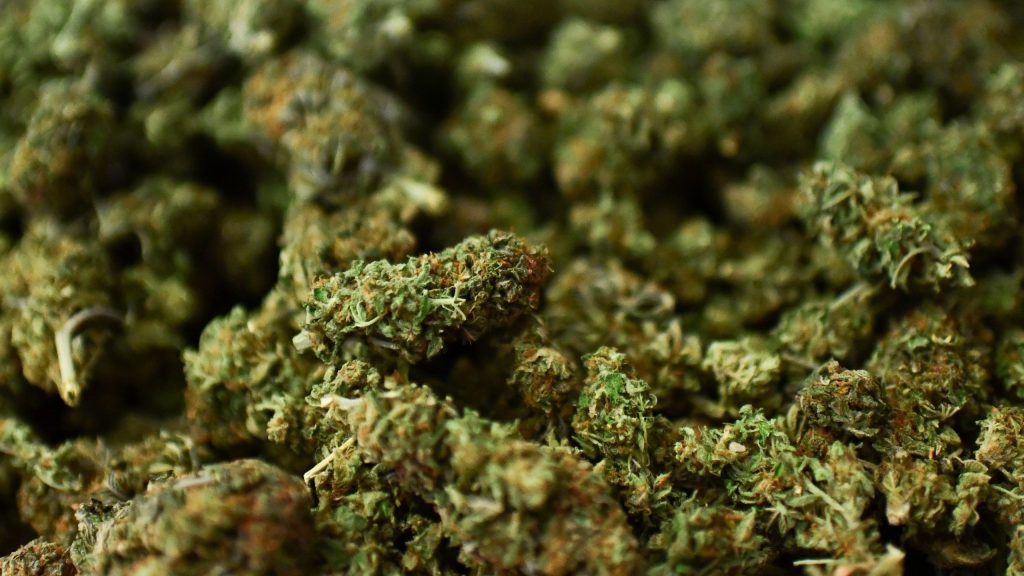Marijuana has long been used as a natural remedy for stress relief. Many people find that consuming cannabis helps them relax, unwind, and better manage stress levels. But with so many different strains, products, and consumption methods available, it can be hard to know what works best for stress relief.
Understanding the Science Behind Marijuana and Stress
The two main active compounds in marijuana, THC and CBD, interact with the body’s endocannabinoid system. This system plays a key role in regulating stress, mood, sleep, and other important functions.
THC, the psychoactive compound that produces the “high” associated with marijuana use, has been shown to have both stress-relieving and stress-inducing effects depending on the dose and individual. In low doses, THC can produce relaxation and euphoria. But in high doses, it can sometimes worsen anxiety and paranoia in certain individuals.
CBD, on the other hand, is non-psychoactive and has been studied for its potential anti-anxiety and stress-reducing properties. It may help balance out the effects of THC and reduce unwanted side effects like paranoia.
Choosing the Right Strain
The specific effects of marijuana can vary significantly depending on the strain. In general, indica strains are associated with relaxing, sedative effects that may be helpful for stress relief. Sativa strains tend to produce a more uplifting, energetic high.
However, the indica/sativa distinction is not always clear cut, and many popular strains are hybrids that combine effects of both. The terpene profile and cannabinoid ratios of a strain also play a big role in its effects.
Some strains commonly recommended for stress relief include Granddaddy Purple, Northern Lights, Girl Scout Cookies, and Cannatonic. But individual responses can vary, so it may take some experimentation to find what works best for you.
Consumption Methods Matter
How you consume marijuana can also impact its stress-relieving potential. Smoking or vaping can produce fast-acting effects, which may be helpful for sudden stress or anxiety symptoms. But these methods can also irritate the lungs.
Edibles and tinctures offer a smoke-free option, but their effects take longer to kick in. It’s important to start with a low dose and be patient to avoid overconsumption, as the effects can be very strong and long-lasting.
For a milder, non-intoxicating option, CBD oil or isolate can be consumed orally or used topically to promote a sense of calm. In fact, understanding how many grams are in an ounce of weed can be helpful for gauging your ideal dose, whether you prefer smoking, vaping, or edibles.
Combining Marijuana with Other Stress Management Techniques
While marijuana can be a helpful tool for managing stress, it’s important to remember that it’s not a cure-all. Combining cannabis with other stress reduction techniques is often most effective.
Engaging in relaxation practices like deep breathing, meditation, or yoga can enhance marijuana’s stress-relieving properties. Regular exercise, good sleep hygiene, and a healthy diet are also key for overall stress management.
Additionally, if you are dealing with chronic stress or anxiety, it’s important to address any underlying issues and seek support from a mental health professional if needed. Marijuana should not be used as a replacement for therapy or other necessary treatments.
The Bottom Line
Marijuana can offer significant stress relief benefits, but the key is finding the right strain, dose, and consumption method for your individual needs. Starting low and going slow is always advisable, and combining marijuana with other stress management techniques can provide the most robust benefits. As with any substance, it’s important to use cannabis mindfully and in moderation for optimal stress relief and overall well-being.




